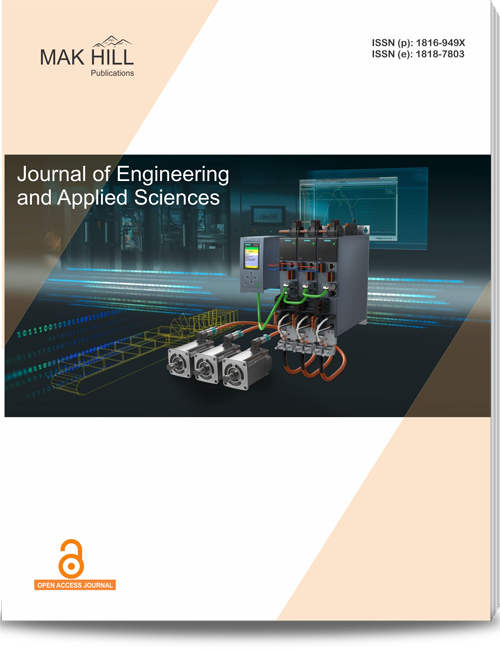
Journal of Engineering and Applied Sciences
ISSN: Online 1818-7803ISSN: Print 1816-949x
Abstract
Unlawful use of munitions and explosives against civilians in the pursuit of political aims is what known as terrorism. As counter terrorism activities different research groups are working in the real world. Explosive detection is an inevitable and indispensable mechanism needed by any country to protect the lives and property of public. Towards this end, many researchers contributed. However, the use of Wireless Senor Network (WSN) for explosive detection is relatively new research area. It assumes importance due to the ubiquitous nature of WSN and its utility. The traditional devices are bulky and they are physically visible to public when they are deployed. In this context, WSN makes it more useful solution as the presence of sensor nodes and the network are not disclosed to public. WSN with automatic detection of explosives like RDX and TNT is an important step forward in the combat against terrorism. Towards this end, we proposed an algorithm and implemented it in our prior works. In this study we extend our work in order to provide more flexible means for not only detection of explosives like TNT and RDX but also finding whether the explosive is in gaseous state or liquid state or solid state. We defined many algorithms that work in coordination. NS2 simulations are used to demonstrate proof of the concept. Our experimental results revealed that the proposed algorithms are capable of serving intended purpose.
How to cite this article:
R.V. Kishore Kumar and G. Murali. Automated and Specific State Detection of RDX and
TNT using Wireless Sensor Networks.
DOI: https://doi.org/10.36478/jeasci.2018.2750.2760
URL: https://www.makhillpublications.co/view-article/1816-949x/jeasci.2018.2750.2760